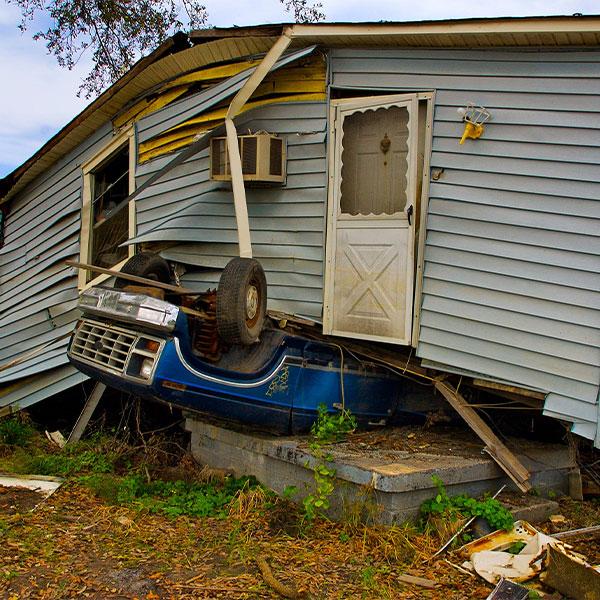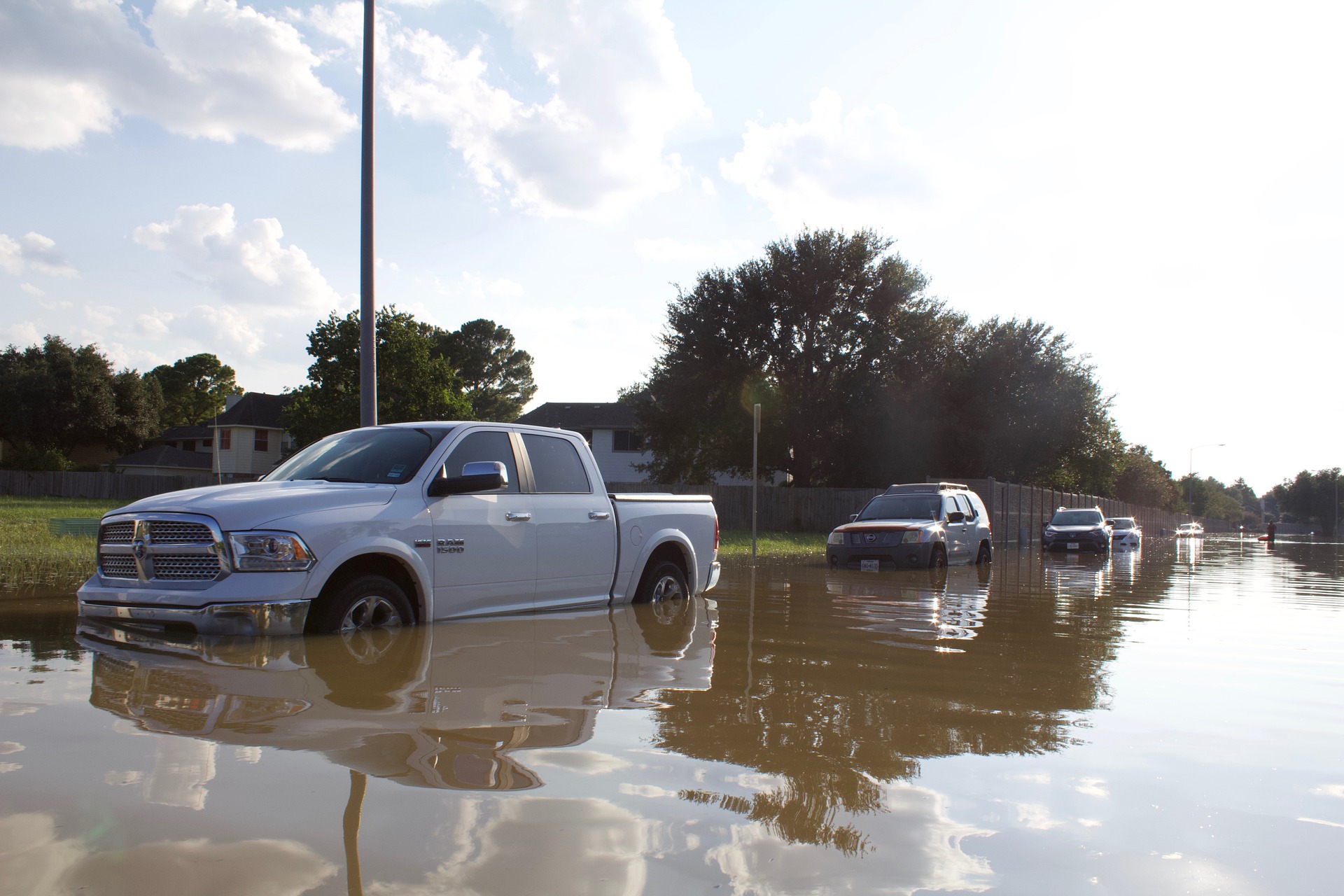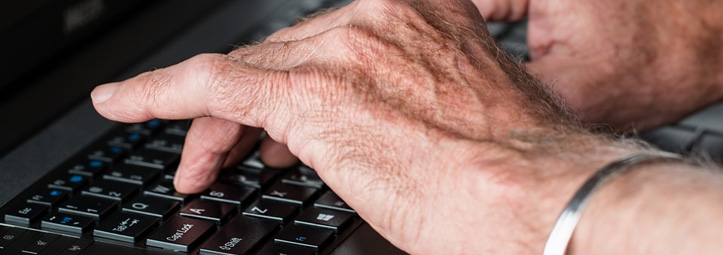Wildfires are raging, flood waters are rising, and earthquakes are shaking the ground beneath our feet. We feel deeply for those who have lost so much, and we want to do everything in our power to help ease their burdens. However, sometimes our desire to help can inadvertently cause more harm than good. Sending unnecessary items can overwhelm already strained relief efforts and divert resources away from where they are most needed.
1. Donate Money
While sending food and clothes may feel heartfelt, these donations can create logistical challenges for relief organizations. Transporting food, storing it properly, and ensuring it doesn't spoil requires significant resources. Similarly, sorting and sizing donated clothes can be a time-consuming task that diverts attention from critical work like clearing wreckage or searching for missing persons.
Money, on the other hand, is the most effective form of donation. When you donate money to trusted local charities and organizations, they can purchase fresh food, medicine, and supplies in bulk at discounted rates. This not only helps those in need but also supports the local economy as organizations shop locally for essential goods. Consider organizing a fundraising campaign in your area—events like bake sales, 5K runs, and garage sales for charity are all fantastic ways to raise funds.
Another valuable way to contribute is by donating blood. Organize a blood drive at your work or school, as blood donations are always needed in times of disaster.
2. Volunteer Effectively
Unless you have a specific role or skill that is needed in the disaster area, it’s often best to stay away. The chaos of a disaster site can be overwhelming, and additional volunteers can create more logistical challenges. If you live nearby, however, you can still offer your help by contacting local relief organizations to let them know you are available to assist. Be mindful of not clogging up existing traffic and resources by traveling long distances to volunteer.
Instead, focus on ways to contribute from home, such as assembling hygiene kits or coordinating local fundraising efforts. Many organizations also have remote volunteer opportunities where you can help with administrative tasks, outreach, or other support services.
3. Be Prepared
Emergencies can happen at any time, and being prepared is one of the best ways to assist with disaster relief efforts. If you are financially stable, donate to trusted organizations. If you have food storage or emergency supplies, you can share with friends and neighbors in need. During Hurricane Harvey, for example, many people opened their homes to those affected by the storm, offering showers, food, and dry spaces to sleep. It’s heartwarming to witness communities coming together in times of crisis.
If you want to be better prepared, consider investing in food storage to ensure you are ready to help others when the time comes. Preparedness goes a long way in providing immediate relief to your neighbors during an emergency.















